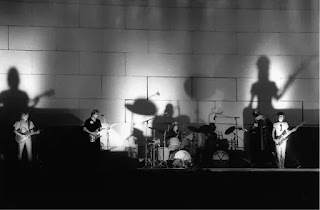VR software and headsets are increasingly being used by researchers to form deeper collaborations or work remotely. VR headsets are used in the School of Pharmacy at the U.K.'s University College London to train students through hands-on experiments in a virtual environment. Researchers at South Africa's University of Pretoria have incorporated XR training tools so engineering students can explore mines, tunnels, and other potentially hazardous spaces virtually.
Medical students at the U.K.'s Cardiff University and the University Hospital of Wales are training to diagnose and treat sepsis using a VR education tool. Virtual reality offers a repeatable, standardized clinical training method that is not reliant on the quality of the trainer. Alongside VR’s potential for training and education, many scientists who use the technology hope that it will one day make their practical work more efficient.
More information:



